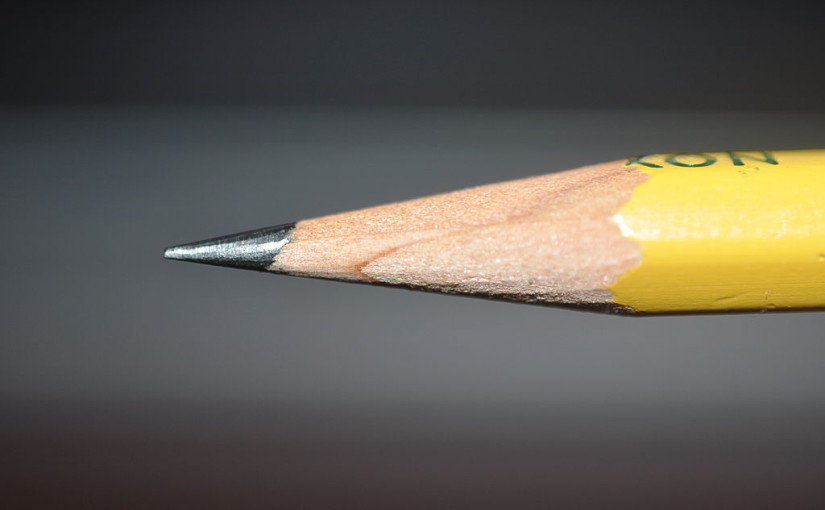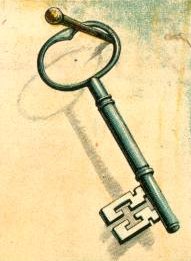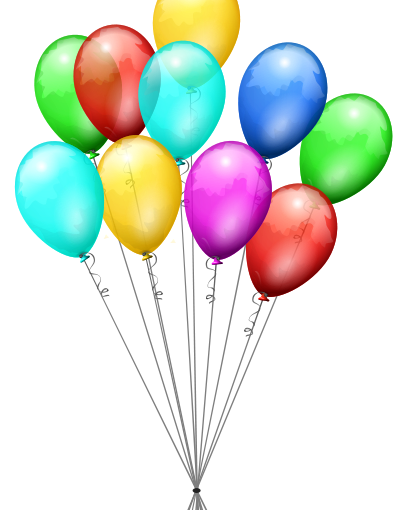Just One Talk on Karma
I was listening to a talk the other day about karma by a teacher named Paramahamsa Nithyananda (Paramahamsa is a Sanskrit-language honorific title for one who’s achieved enlightenment; I can’t verify Nithyanandaji’s status, but am only reporting on the content of the talk).
It was quite interesting, actually. Nithyananda said that our karma is not really about our actions, but our thoughts. So, as he says, if you fight with someone, it’s not the actual fight that counts karmically. It’s the fact that you engaged the thought of fighting (that brings about fights).
Karma Is All in Your Head
In other words, it’s all in your head folks! That runs counter to a lot of schools of thinking on karma that suggest it’s your actions that bring future consequences (not thoughts). According to Nithyananda, we surf thought currents, and these currents of thought (not action) bring consequences.
For instance, we have some thoughts and thought currents that create nothing in our reality (or just make us miserable in endless loops). These could be considered “bad” karma. Sometimes, however, we have thoughts that create some positive in our reality. Sounds pretty good, right? Well, that could be considered “good” karma.
However, he went on to say that even the things that create some of our reality, and could be “good” karma, can actually have unintended consequences for us down the line. Things that can bind us. He uses an interesting analogy: say you put your thought energy into getting a house. And you get it! You made it! But now, you’ve bound yourself to a mortgage and other issues. So, you achieved something and made it a reality, but now there could be other issues (busted plumbing, loud neighbors, expensive insurance, leaky roof, the need to move, etc.).
Houses and mortgages aren’t “bad.” I don’t think that’s the suggestion here. I think it’s part of a bigger warning about being careful what we wish for, and going in with our heads up. In other words, what we think may be good may have other issues, and we need to be aware and ready! We can get stuck in the quest for good as easily as we can get jammed up behind the desire to avoid bad.
Nithyananda suggests that instead of getting involved with thought currents of any kind (good or bad) the best we can do is stop engaging thinking! That’s right. Bring ourselves to a place where we don’t play endlessly with this thought or that thought. Strive for a quiet mind. In that space, all of our reality will be clear, and that is enlightenment.
It’s interesting to say the least. I can’t describe it all here. It’s too long. But you should check out the talk if you’re interested.
Karma and Creativity
Anyway, all of this talk on karma and thinking got me thinking (uh oh) about the question, “How does this relate to creativity?” We’ve been writing a lot here about writer’s block and busting through that, and then this talk on karma comes along.
I think a lot of what Nithyanandaji said, rings true. When I sit with a manuscript or other piece of creative work, and I get involved in thinking too much, I become paralyzed. Maybe the thought process goes like this:
“Will what I’m writing sell?”
“Will anyone want to read this?”
“Can I write fiction and non-fiction in the same lifetime?”
“Is this a waste of time?”
“Did I leave the iron on?”
“Do people iron anymore?”
You see, much like you, I surf waves of thought over and over until I have created nothing in my reality (or on my page). It’s a spiral. A completely counterprodutive spiral.
Perhaps the better approach is this:
“I’m going to write today, come what may.”
And leave it at that. You see? Instead of engaging the myriad of thoughts that threaten to derail me and pull me into a cycle of creative despair, I release myself to simply be present for whatever comes to mind. Instead of wishing and hoping for “good” to come of what I’m writing, I simply sit down to do it because it’s there to do.
I let the process be the process, and I don’t sprinkle in my doubts or hopes.
It just is.
It’s not about selling a manuscript or writing the perfect article. That’s the stuff of thought and karma. Instead, it’s about simply being available for whatever shows up so that I can create the one reality I prize above all: being creative in this moment.
That, my friends, is the most karma-free reality I can imagine.







